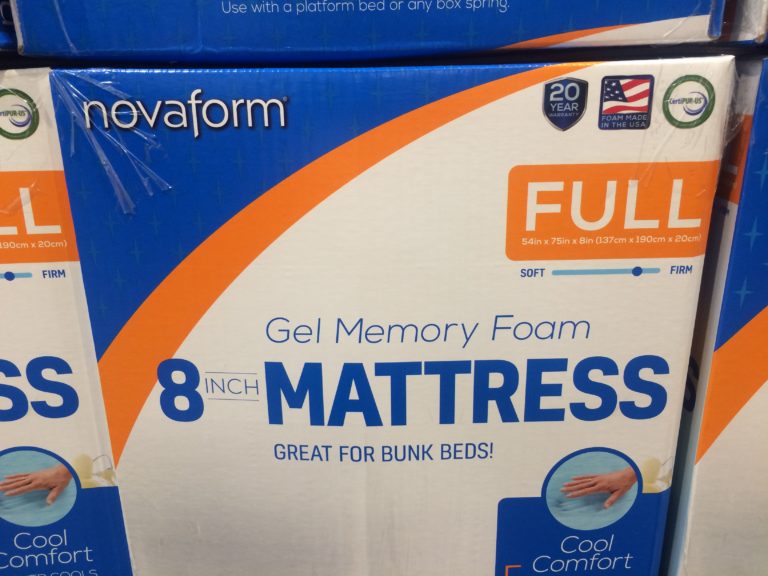If your kitchen table has accumulated a thick layer of wax buildup over time, it can be tough to remove. Luckily, there's a simple solution that you probably already have in your kitchen pantry – vinegar and water. This powerful combination not only cuts through grease and grime, but it also breaks down wax buildup, making it easy to wipe away. To use this method, mix equal parts white vinegar and water in a spray bottle. Spray the solution onto the table and let it sit for a few minutes to allow the vinegar to penetrate the wax. Then, use a clean cloth to wipe away the wax and residue. For stubborn buildup, you may need to repeat this process a few times. This natural and affordable method is not only effective but also safe for use on most types of wood surfaces. Plus, it will leave your kitchen table smelling fresh and clean.1. Use a Mixture of Vinegar and Water to Wipe Away Stubborn Wax Buildup
If you're dealing with a thick layer of wax buildup on your kitchen table, baking soda can be your best friend. This common household ingredient has fantastic cleaning powers and is gentle enough to use on wood surfaces without causing damage. To use this method, sprinkle baking soda all over the table and use a damp cloth to scrub away the wax buildup. The abrasive texture of the baking soda will help to loosen the wax, making it easier to remove. Rinse the table with warm water and dry it with a clean cloth. For extra stubborn buildup, you can also create a paste by mixing baking soda and water. Apply the paste to the table and let it sit for a few minutes before scrubbing and rinsing. Your kitchen table will be left looking clean and shiny.2. Sprinkle Baking Soda and Scrub Away Wax Buildup
If your kitchen table has intricate details or crevices where wax buildup has accumulated, a hairdryer can be a handy tool to remove it. The heat from the hairdryer will melt the wax, making it easier to wipe away with a clean cloth. Set your hairdryer to a low setting and hold it a few inches away from the wax buildup. Move the hairdryer around to evenly distribute the heat and melt the wax. Then, use a cloth to wipe away the melted wax. You may need to repeat this process a few times for stubborn buildup. Be sure to take extra care when using this method, as the heat from the hairdryer can damage certain types of wood. It's best to test a small area first and use caution when applying heat to your kitchen table.3. Use a Hairdryer to Melt and Wipe Away Wax Buildup
If you want to remove wax buildup from your kitchen table while also giving it a rejuvenating treatment, mineral oil is the way to go. This type of oil is safe for use on wood surfaces and will not leave any residue or damage the finish. To use this method, apply a small amount of mineral oil to a clean cloth and rub it onto the table in a circular motion. The oil will help to break down the wax buildup, making it easier to wipe away. Once you've covered the entire table, use a clean cloth to buff away any remaining residue. This method not only removes wax buildup but also helps to nourish and protect your kitchen table, leaving it looking glossy and new.4. Give Your Table a Refreshing Mineral Oil Treatment
If you've tried various methods and still can't seem to remove the wax buildup from your kitchen table, a commercial wax remover may be your best bet. These products are specifically designed for use on wood surfaces and can effectively break down and remove stubborn wax buildup. When using a commercial wax remover, be sure to follow the instructions carefully and use caution. Some products may contain harsh chemicals that can damage your table if not used correctly. It's also a good idea to test a small area first to ensure the product is suitable for your table's material.5. Use a Commercial Wax Remover for Stubborn Buildup
If you prefer to use natural, homemade cleaning solutions, this method is for you. By mixing equal parts lemon juice and olive oil, you can create a powerful paste that will not only remove wax buildup but also leave your kitchen table looking shiny and clean. To use this method, mix the lemon juice and olive oil in a bowl until well combined. Then, dip a clean cloth into the paste and rub it onto the table in a circular motion. The acidity of the lemon juice will help to break down the wax while the olive oil will nourish and protect the wood surface. Once you've covered the entire table, use a clean cloth to buff away any residue. Not only is this method effective, but it also leaves behind a refreshing citrus scent that will make your kitchen smell fantastic.6. Create a Homemade Wax Removal Paste with Lemon Juice and Olive Oil
If the wax buildup on your kitchen table is thick and difficult to remove, you may need to use a gentle scraping method. This method is best for tables with a smooth surface and minimal detailing, as it can cause damage to intricate designs or carvings. Using a plastic scraper or credit card, gently scrape away the wax buildup in a careful motion. Be sure not to apply too much pressure or use a sharp tool that can scratch the surface of your table. Once the majority of the wax is removed, use one of the above methods to clean and remove any remaining residue.7. Gently Scrape Away Wax Buildup with a Plastic Scraper or Credit Card
Believe it or not, mayonnaise can serve as an effective wax remover for your kitchen table. The vinegar and oil in this condiment work together to break down and remove wax buildup, leaving your table looking clean and shiny. To use this method, apply a thin layer of mayonnaise to the table and let it sit for a few minutes. Then, use a clean cloth to wipe away the mayonnaise and the wax buildup. You may need to repeat this process a few times for stubborn buildup. Once the wax is removed, wipe down the table with a clean, damp cloth to remove any residue.8. Use Mayonnaise to Remove Stubborn Wax Buildup
If you have a steam cleaner at home, it can be a useful tool for removing wax buildup from your kitchen table. The hot steam will loosen the wax, making it easy to wipe away with a clean cloth. Be sure to use caution when using a steam cleaner on your table, as the heat and moisture can damage certain types of wood. Test a small area first and avoid using too much steam in one spot. Once the wax is removed, wipe down the table with a clean, dry cloth to prevent moisture damage.9. Loosen and Remove Wax Buildup with a Steam Cleaner
This method is similar to using baking soda alone, but with the added power of water, it becomes even more effective. By creating a paste with equal parts baking soda and water, you can scrub away stubborn wax buildup on your kitchen table. To use this method, mix the baking soda and water in a bowl until you have a thick paste. Apply the paste to the table and use a cloth to scrub in a circular motion. The abrasiveness of the baking soda will help to loosen the wax, making it easier to remove. Once the wax is removed, rinse the table with warm water and dry it with a clean cloth. With these ten methods, you can say goodbye to wax buildup on your kitchen table. Remember to test a small area first and use caution when trying out new cleaning solutions. With a little bit of effort, your kitchen table will be looking clean and beautiful once again.10. Create a Powerful Baking Soda and Water Paste to Scrub Away Wax Buildup
Why Removing Wax Buildup is Important for Maintaining Your Kitchen Table

The Dangers of Wax Buildup on Your Kitchen Table

Wax buildup on your kitchen table may seem harmless, but it can actually cause a lot of damage if left untreated. Over time, the layers of wax can attract dust and dirt, making your table look dull and dirty. This can also lead to scratches and discoloration, ruining the overall appearance of your kitchen table. In addition, the buildup of wax can make your table sticky and difficult to clean, making it a breeding ground for bacteria and germs. Not only is this unhygienic, but it can also pose a health risk for you and your family.
How to Remove Wax Buildup from Your Kitchen Table

Thankfully, removing wax buildup from your kitchen table is a simple and easy process. The first step is to gather the necessary materials, including a soft cloth, warm water, and a mild cleaner. Before applying any cleaner, test it on a small, inconspicuous area of your table to ensure it does not cause any damage. Then, using the cloth, gently wipe the surface of your table in a circular motion, focusing on the areas with the most wax buildup. Repeat this process until all of the wax has been removed.
Preventing Wax Buildup in the Future

To prevent wax buildup from occurring in the future, it is important to regularly clean and maintain your kitchen table. Avoid using harsh chemicals or abrasive cleaners, as these can strip away the protective finish on your table and make it more susceptible to wax buildup. Instead, opt for gentle cleaners and always wipe your table dry after cleaning to prevent any water spots. Additionally, consider using a tablecloth or placemats to protect your table from spills and scratches.
By taking the time to remove wax buildup and properly maintain your kitchen table, you can ensure that it remains in pristine condition for years to come. Not only will this enhance the overall look of your kitchen, but it will also create a more hygienic and enjoyable dining experience for you and your family.



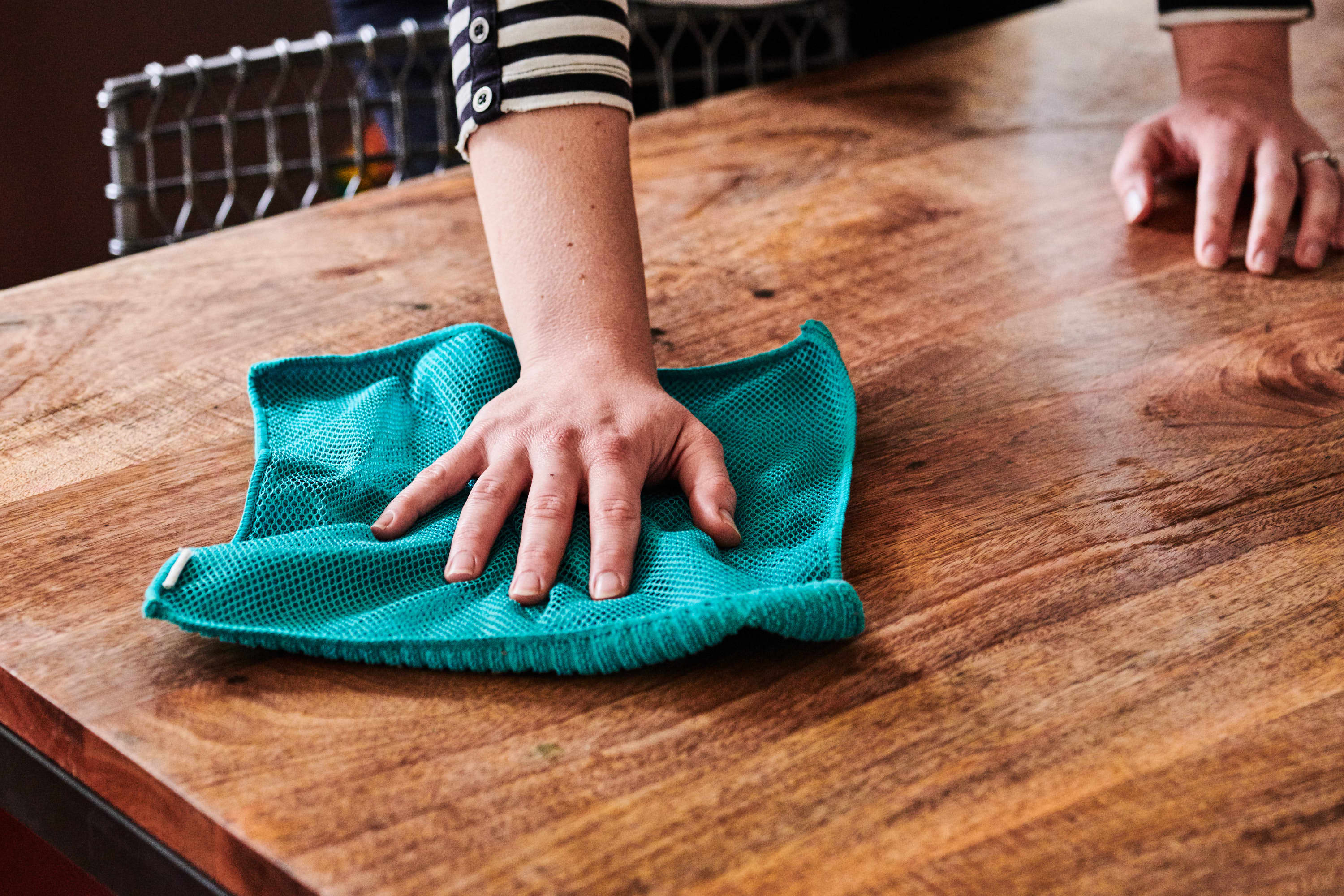
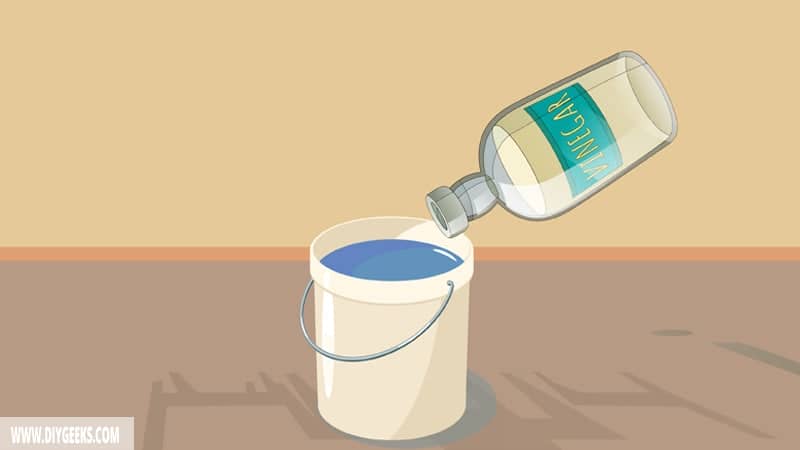
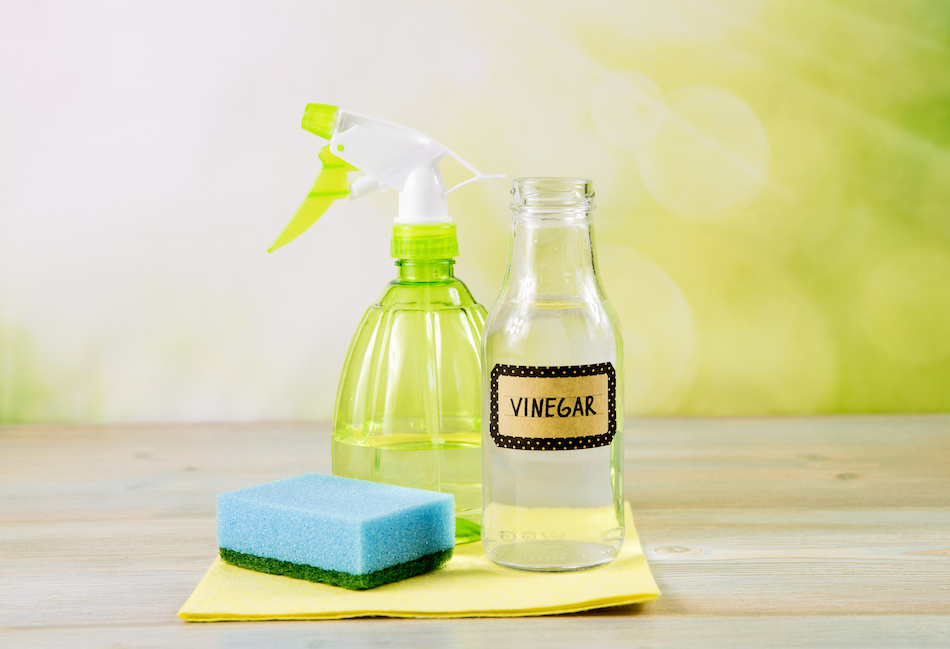


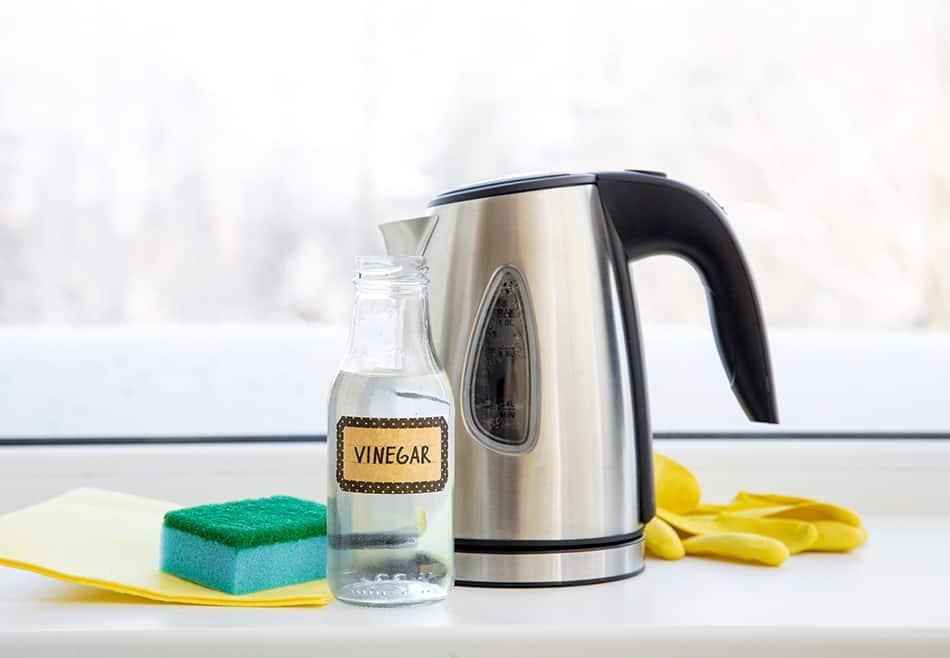
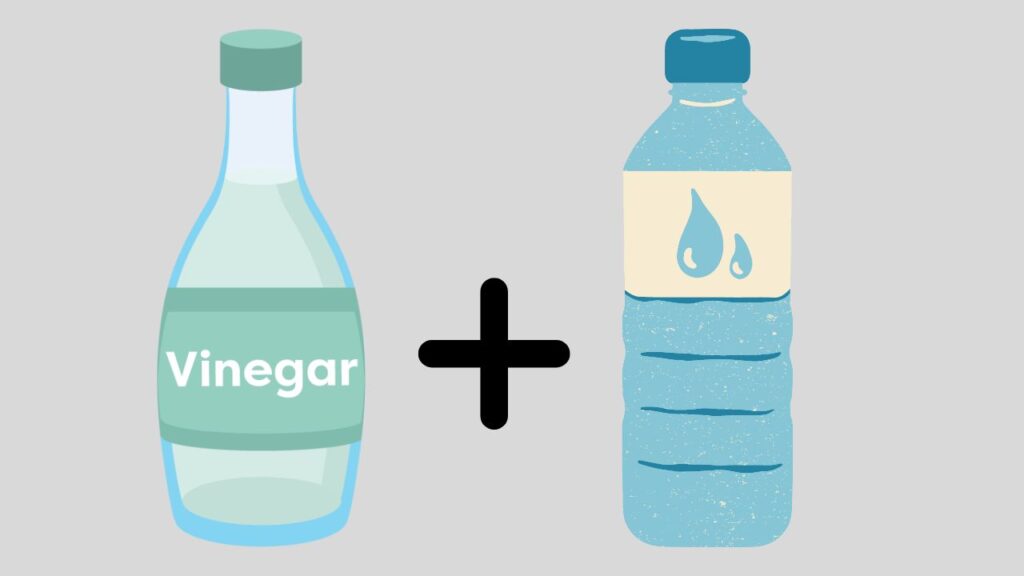

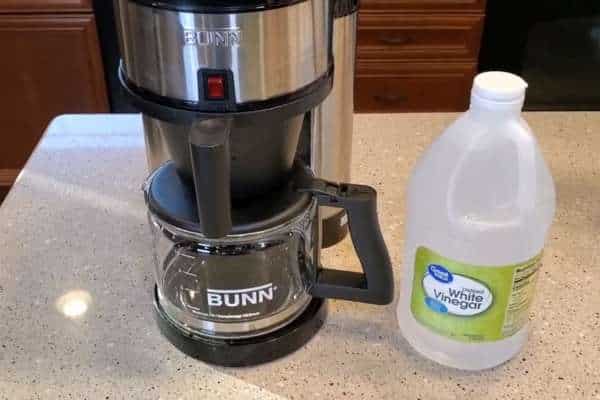
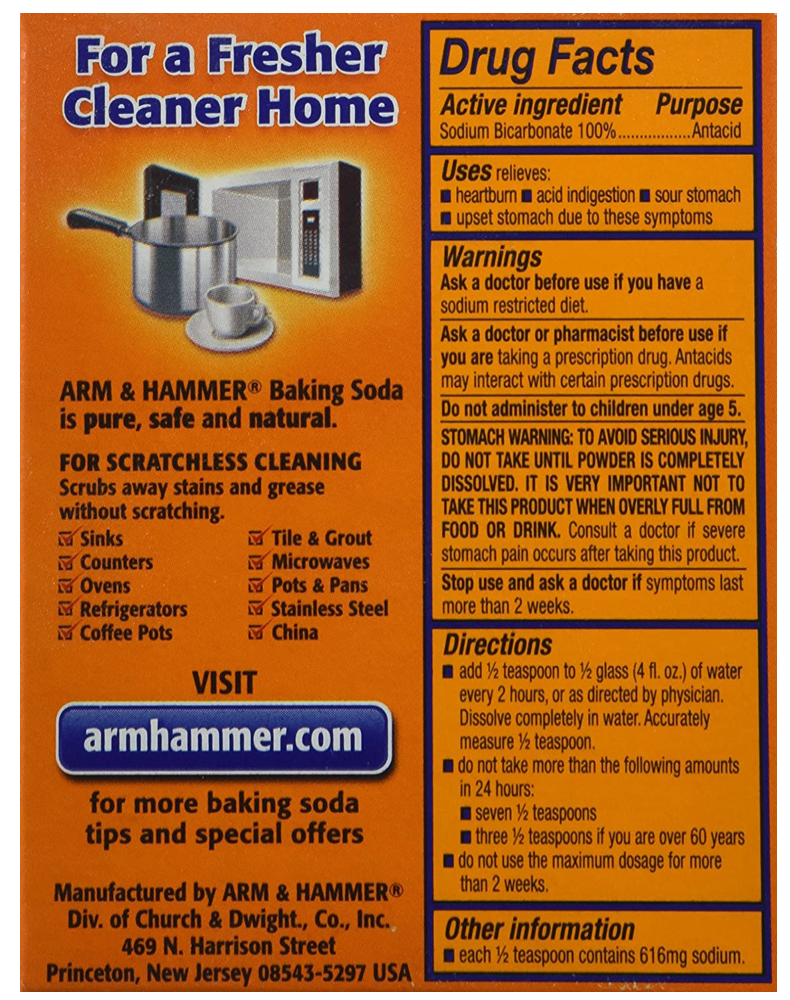

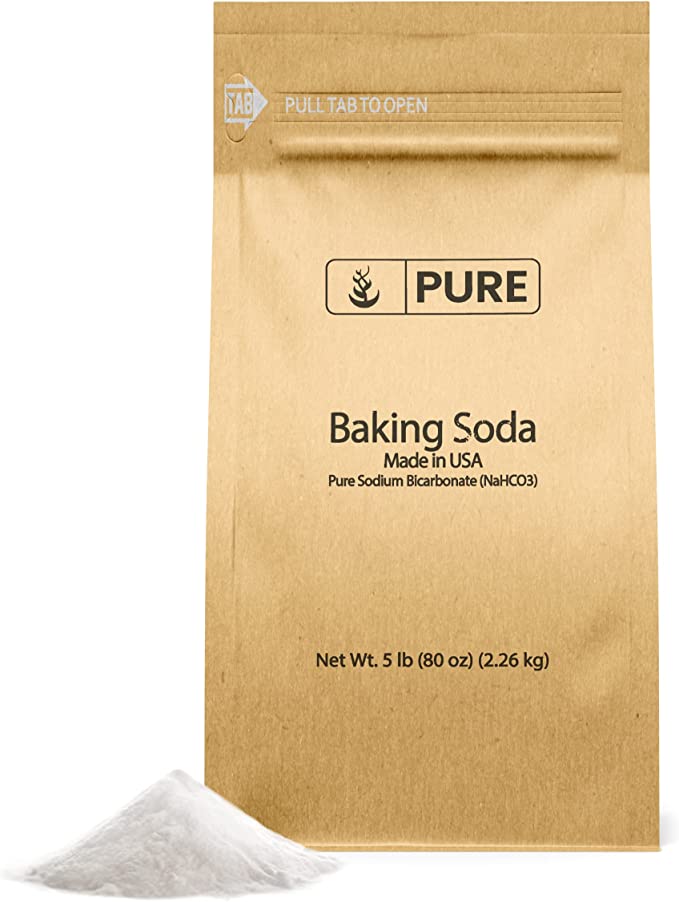













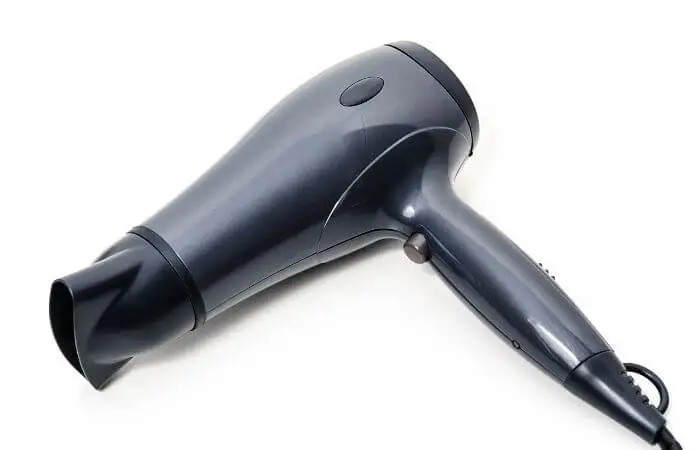










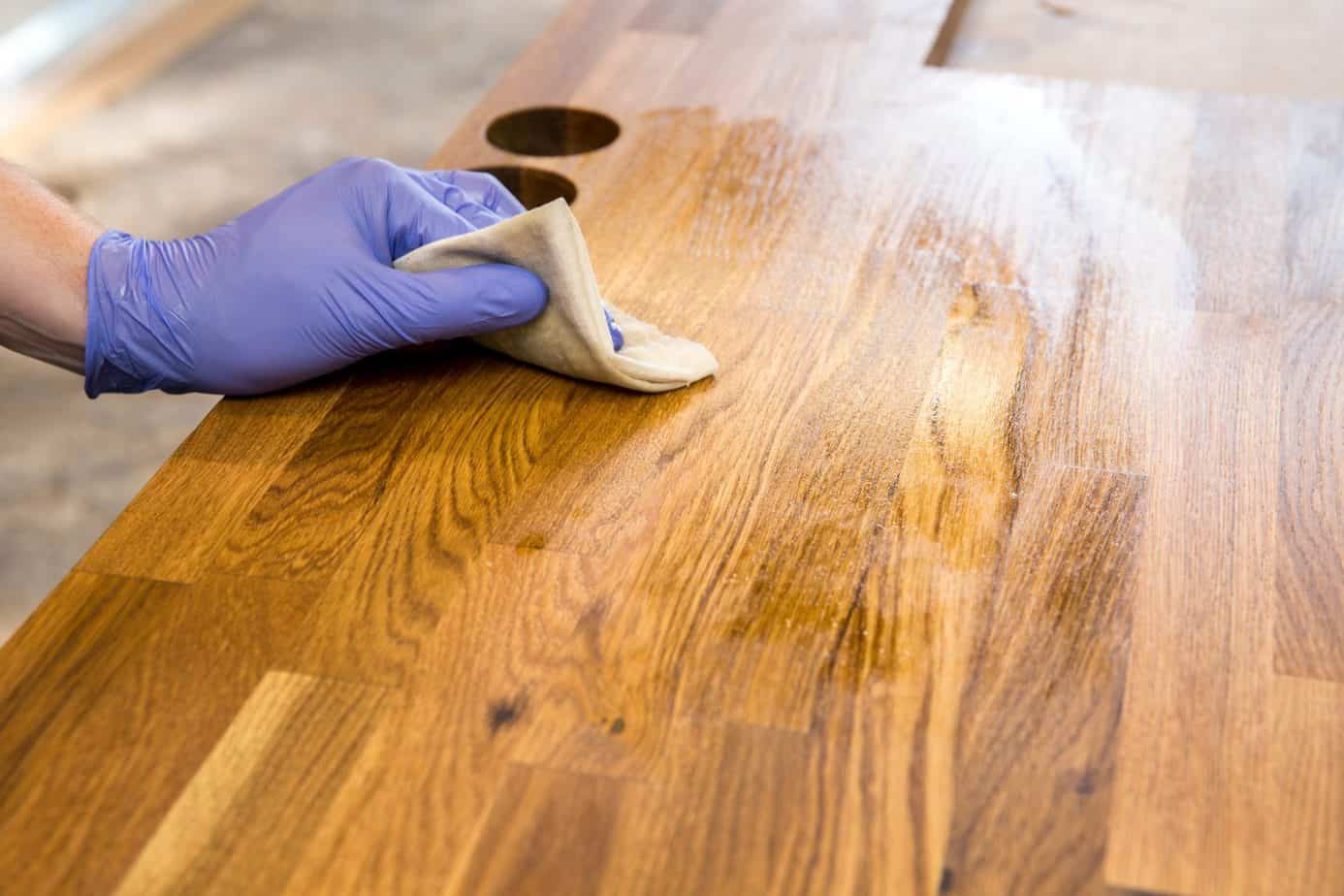



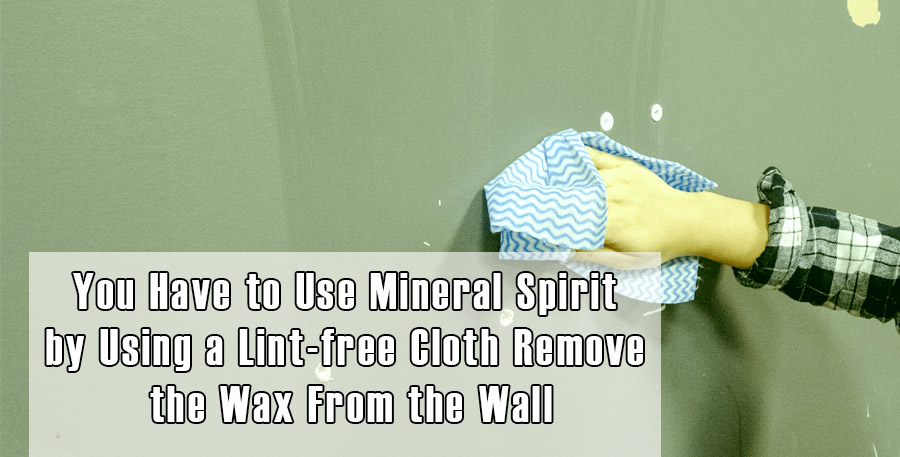
:max_bytes(150000):strip_icc()/ways-to-make-hardwood-floors-shine-1901094_01_spills_0147-da9125ef913d417a882bdc149a38a59a.jpg)
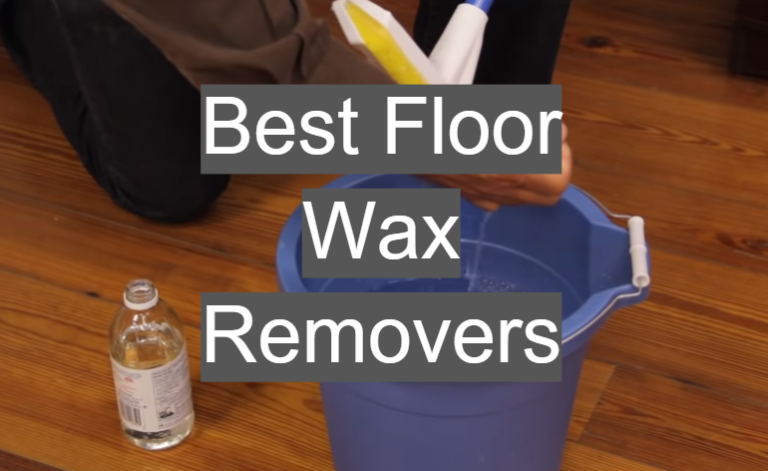

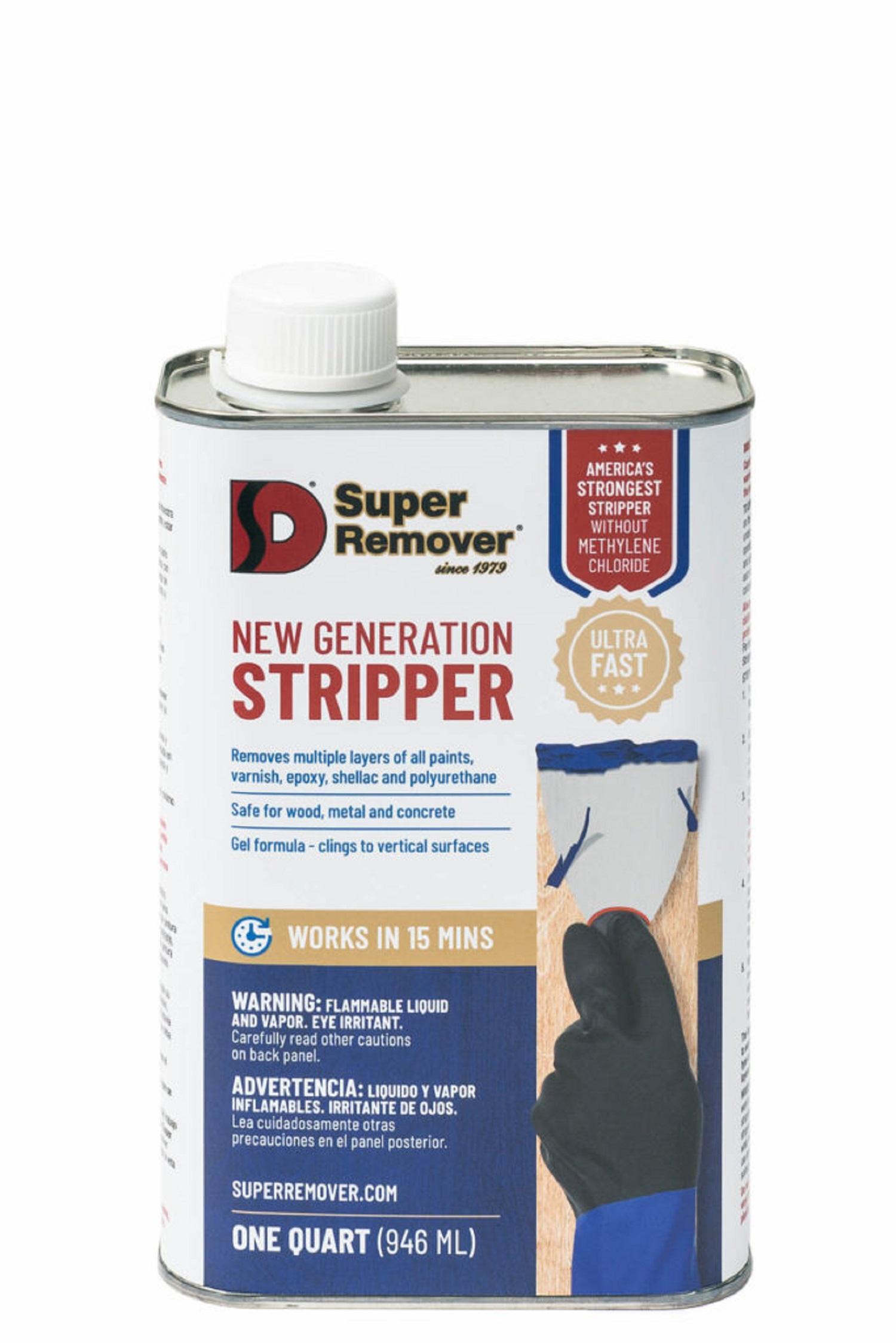



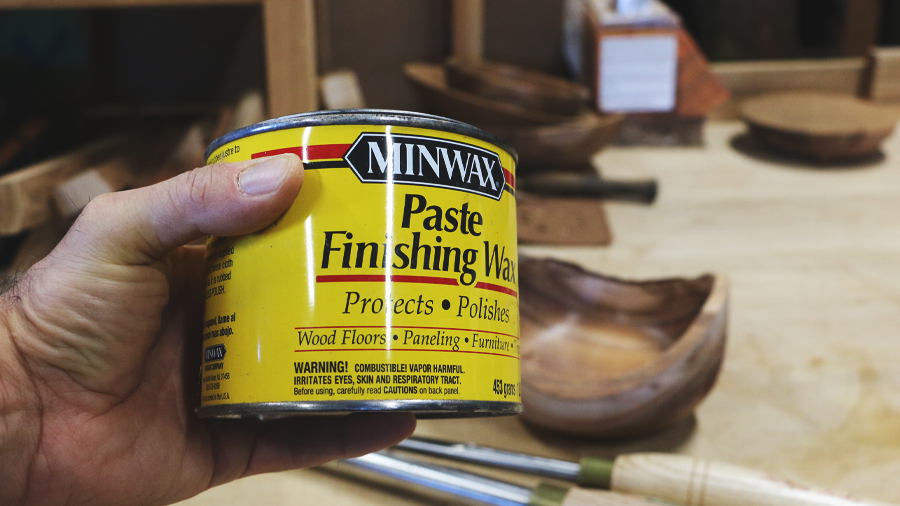
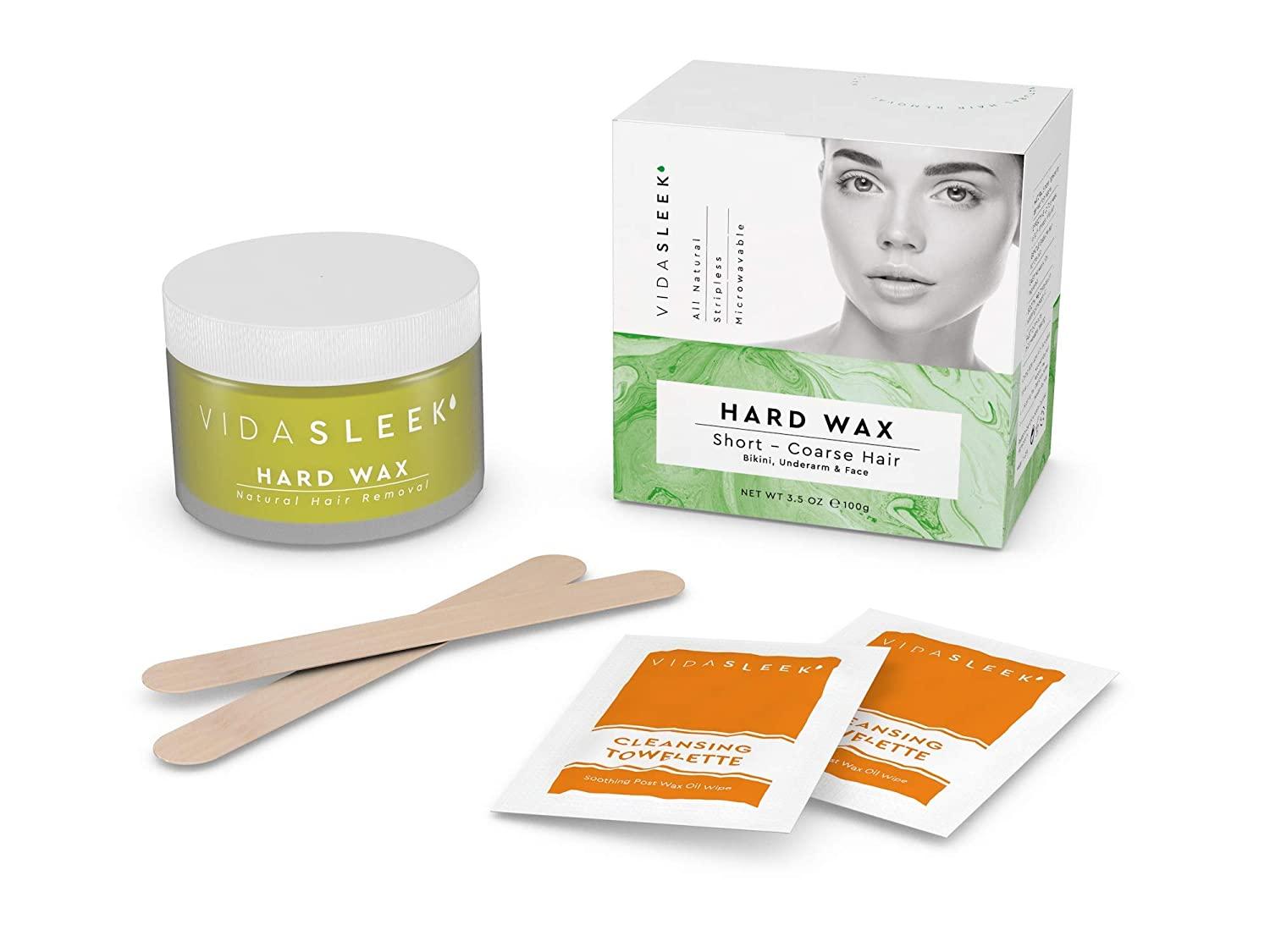
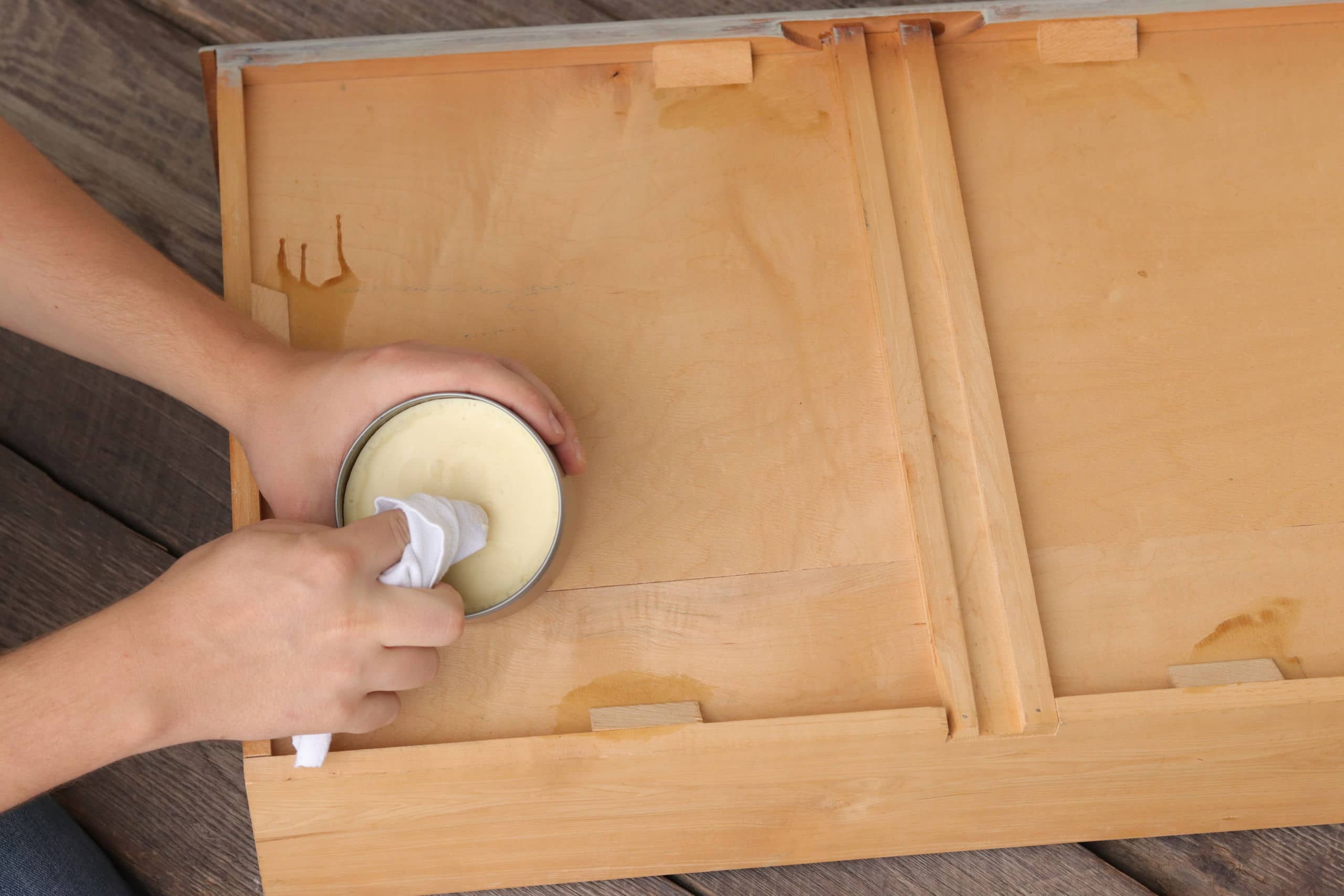











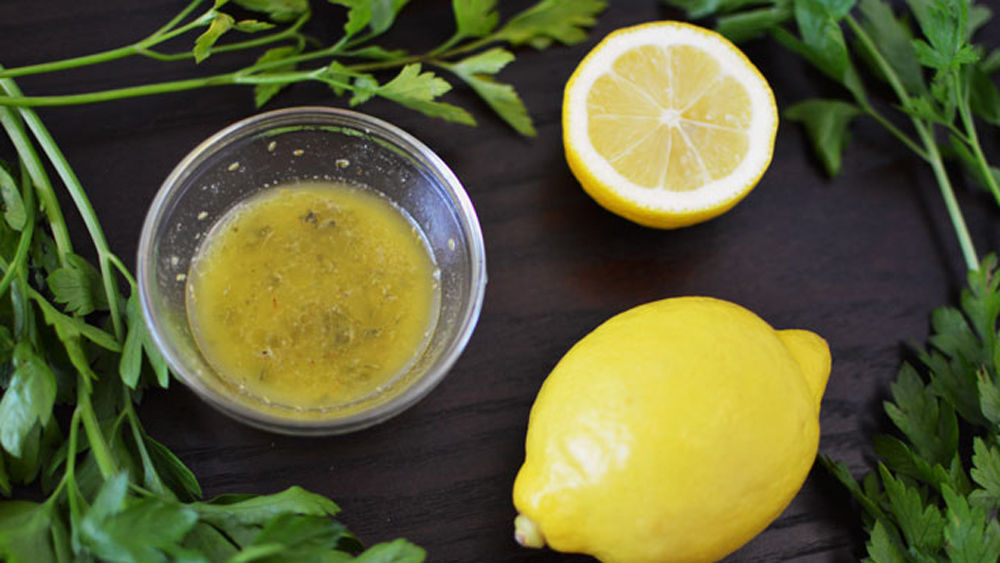





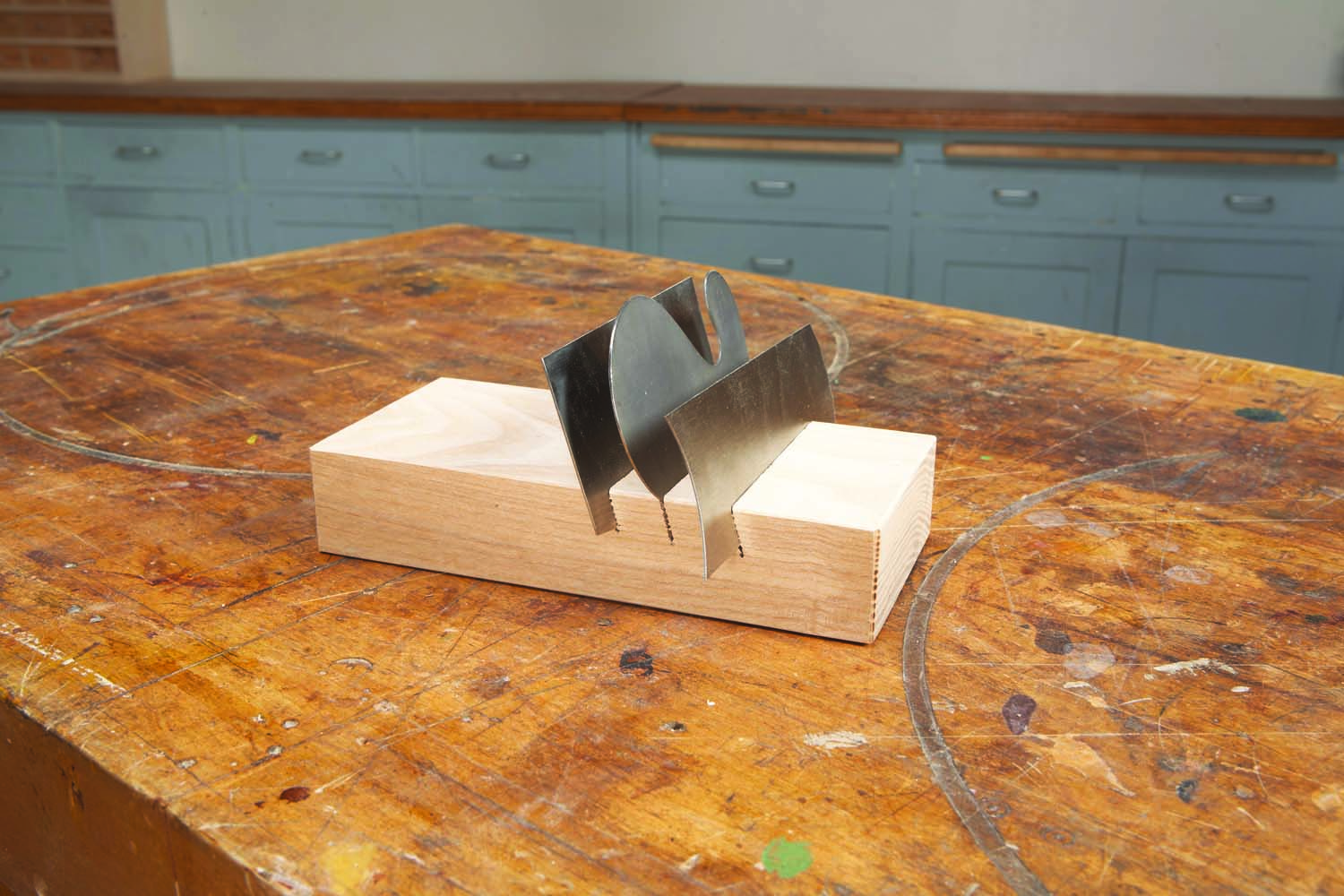
















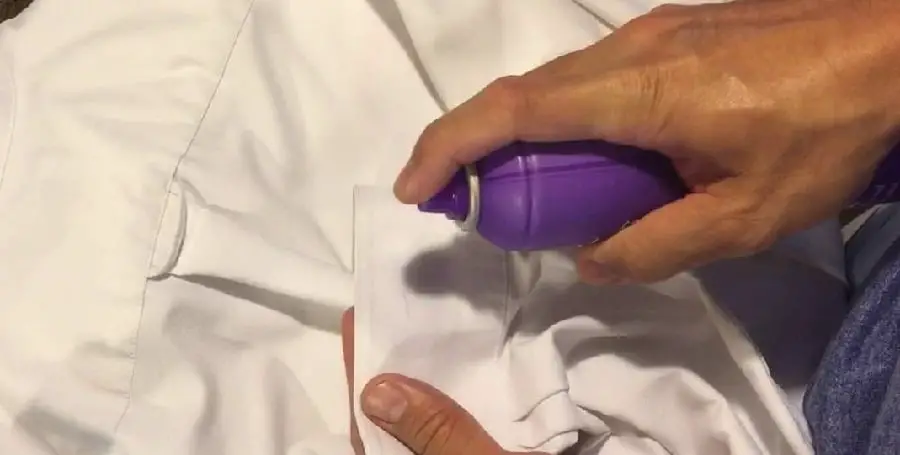
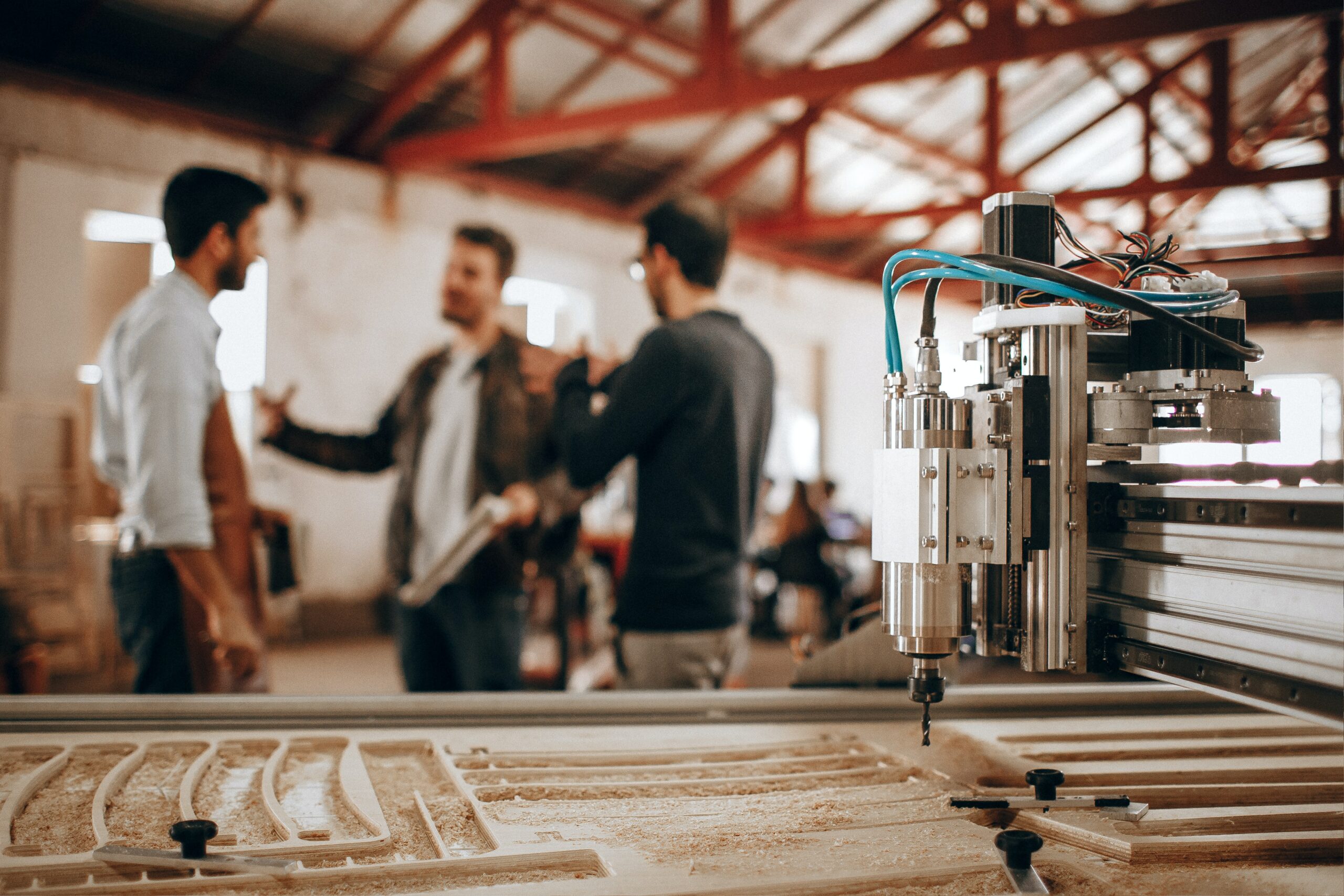

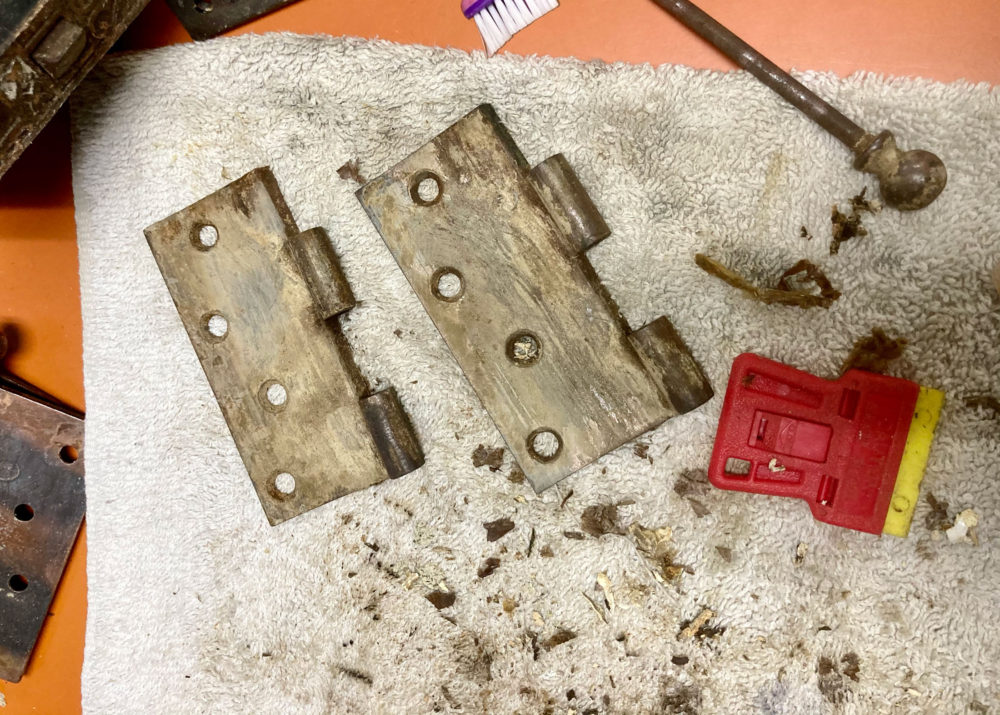











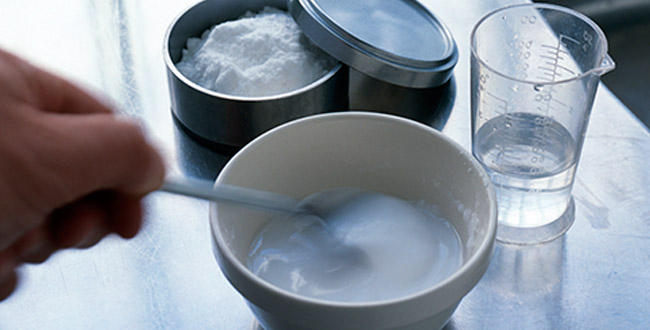



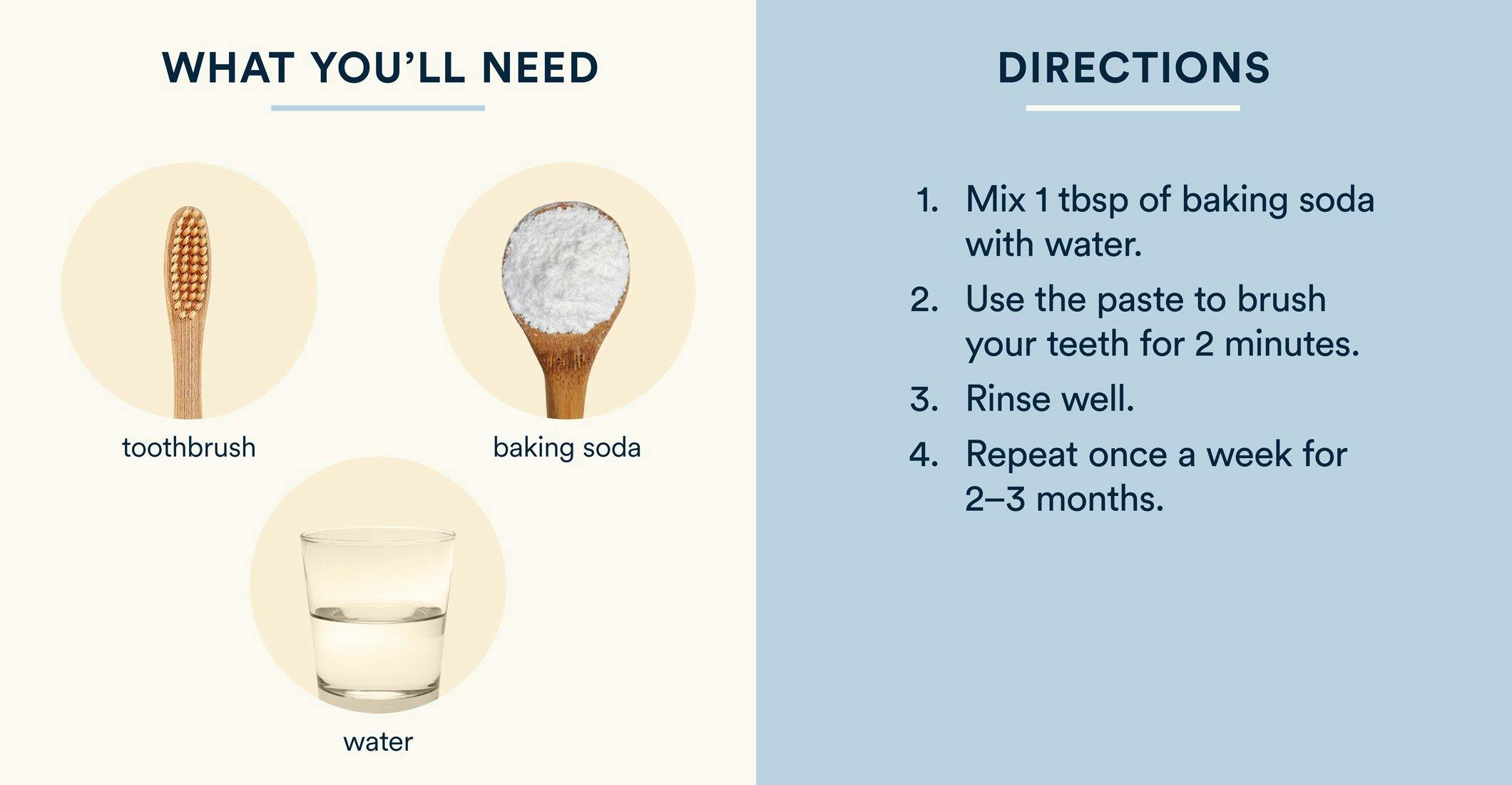
:max_bytes(150000):strip_icc()/baking-soda-homemade-cleaner-1387916-14-d615fe839d1b4b5493c224248efd8fe1.jpg)
-Step-9.jpg/aid295810-v4-1200px-Remove-Blackheads-(Baking-Soda-and-Water-Method)-Step-9.jpg)


